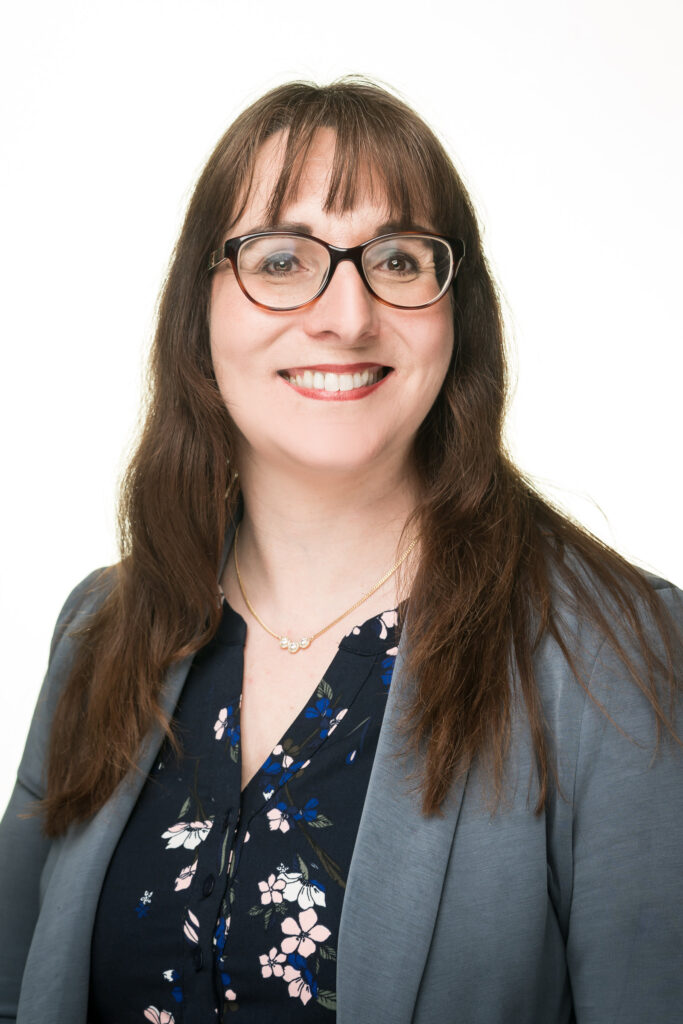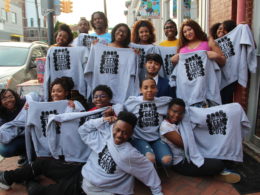Place yourself in these shoes for just a moment.
You’re about to give birth and feel mixed emotions: excitement about this new chapter and adding a new person to the family but also deep-seated anxiety. You worry about sleepless nights, potential delivery complications and whether you’ll be a “good” mother. To soothe your anxiety, you tell yourself that everything will fall into place when you hold your child in your arms.
Then months pass postpartum, you’re still overwhelmed by anxiety. You stay up all night, repeatedly checking that every window is locked, and your baby is safe in its crib because you’re terrified something terrible will happen. You might be experiencing frequent panic attacks, crying spells and nausea that you and your partner feel helpless to prevent or soothe. The worry that you’ll never be a happy, loving mother becomes unbearable.
This struggle is the reality for one-in-four birthing people.
Postpartum Support Virginia (PSVa) was established to help new parents struggling with perinatal mood and anxiety disorders (PMADs) and remind them that they are not alone. PSVa supports parents through peer groups, a helpline, mentorship and care coordination.

We sat down with Mandolin Restivo, PSVa’s executive director, to discuss her experiences in the perinatal healthcare space, PSVa’s programs and how our readers can support the organization.
Could you talk a bit about perinatal mood and anxiety disorders?
Perinatal mood and anxiety disorders refers to a spectrum of disorders that can occur anytime during pregnancy or postpartum. Postpartum depression gets the most press, but postpartum anxiety, postpartum OCD, postpartum psychosis and perinatal post-traumatic stress disorder are all included.
PMADs affect one-in-four of the general population. For Black and African American moms, it’s 44%. For Latina moms, it’s 40%. For parents who have a baby in the NICU, it’s 70%, and for military moms, it’s about half.
What is the most fulfilling and challenging aspect of working in this field?
The most fulfilling aspect is that you’re making a two-generation impact. We’re impacting the lives of moms and birthing people, and we’re also improving health outcomes for babies. Also, most people get better quickly with the right help, so there is a lot of satisfaction in that.
Some of my fondest memories of direct services are running postpartum support groups when I was a volunteer. There’s always that moment when you pick up on the theme of what is going on in a group and what the group really needs to work on, and that’s special. Also, I’m now often on call for emergencies. It’s wonderful when you’re able to connect with someone who’s in a crisis and reassure them that things are going to be okay.
The challenge for us in particular right now is lack of funding. We had to reduce our peer mentor program because of lack of funding, so right now it’s only in Hampton Roads and Southwest Virginia because we have some grant funding in those areas. We’re actively trying to seek sponsors and funders for that program.
Stigma is also a challenge, and so is working to become connected across the state to serve the most people. For us, that means outreach to more rural communities. We’re really trying to expand our impact and make sure that we’re serving the whole state.
Could you elaborate on the stigma aspect?
There’s mental health stigma, and then there’s the compounded stigma for mothers experiencing mental health issues. Birthing people are told that this is supposed to be the happiest time in your life, and that when you give birth, you’ll automatically know how to care of a baby. For many people, that’s not true. It takes time to grow into this role; it’s a big identity shift and a life change.
In addition, folks — especially folks from marginalized communities — are fearful that if they come forward [with PMAD issues] that there may be [Child Protective Services] involvement or that they risk losing parental rights. That’s not the case, but it’s a very real fear.
What’s the best way for our readers to support your mission?
We would love for you to volunteer, share our information from our social media pages and, of course, we’re looking for donors and sponsors.
Also, right now, we have a program called Shelane’s Run, which raises funds to provide financial assistance for folks to access specialized mental health care. Shelane’s Run is named after a Northern Virginia mom who took her life after her struggle with postpartum psychosis following the miscarriage of her fourth child. Her family created the run in her honor.
Learn more about Postpartum Support Virginia and how you can support its work at its website. All services are available in English and Spanish.










